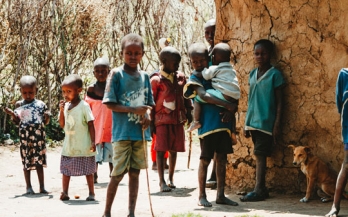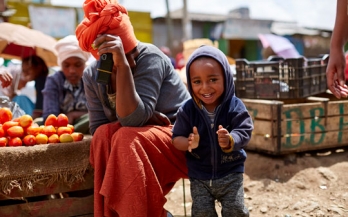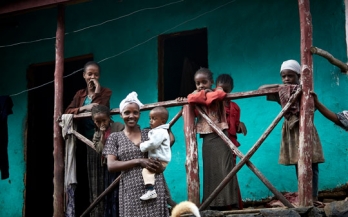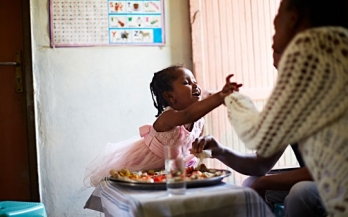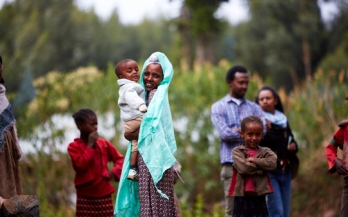This study evaluated the sustainability of market-based community distribution of micronutrient powders (Sprinkles®, Hexagon Nutrition, Mumbai, India) among pre-school children in Kenya.
The objective of this study was to determine the feasibility of distributing micronutrient powders (MNP) for home fortification during biannual Maternal, Neonatal and Child Health Week (MNCHW) events, as a strategy to improve young child nutrition.
Micronutrient powders (MNP) are recommended by the World Health Organization as an effective intervention to address anaemia in children. A formative process evaluation was conducted to assess the viability of a model using free vouchers in two districts of Mozambique to deliver MNP and motivate adherence to recommendations regarding its use.
This guide uses insights from existing inclusive business partnerships (IB) partnerships to guide NGOs and companies through the process of engaging in IB partnerships. The guide also describes how NGOs and companies can generate internal buy-in for IB partnerships, and how they must change internally in order to enable successful collaboration.
This report presents the findings of a focused ethnographic study conducted in Dessie Zuria Woreda, Amhara Region, Northern Ethiopia. The purpose of this study was to generate recommendations to guide the introduction of micronutrient packets to address issues of micronutrient deficiencies in this area.
The BADUTA Programme's objective was to reduce childhood stunting in the East Java province in Indonesia. This report presents findings from baseline and endline cross-sectional surveys conducted as part of an impact evaluation of the BADUTA Programme.
This report presents the results of a process evaluation that was conducted to measure the process and achievement of pathways to improve the implementation of Baduta program in improving the nutrition of children and pregnant mothers.
This report presents the results of an evaluation using program impact pathway analysis approach to understand factors affecting program delivery and adherence to recommendations regarding micronutrient powders.
GAIN and its partnerships aimed to improve complementary feeding practices through the delivery of a micronutrient powder and behaviour change communication messages to approximately 71,000 children 6–23 months in Ethiopia’s Amhara region through the public health system.
GAIN and its partnerships aimed to improve complementary feeding practices through the delivery of a micronutrient powder and behaviour change communication messages to approximately 71,000 children 6–23 months in Ethiopia’s Amhara region through the public health system.


